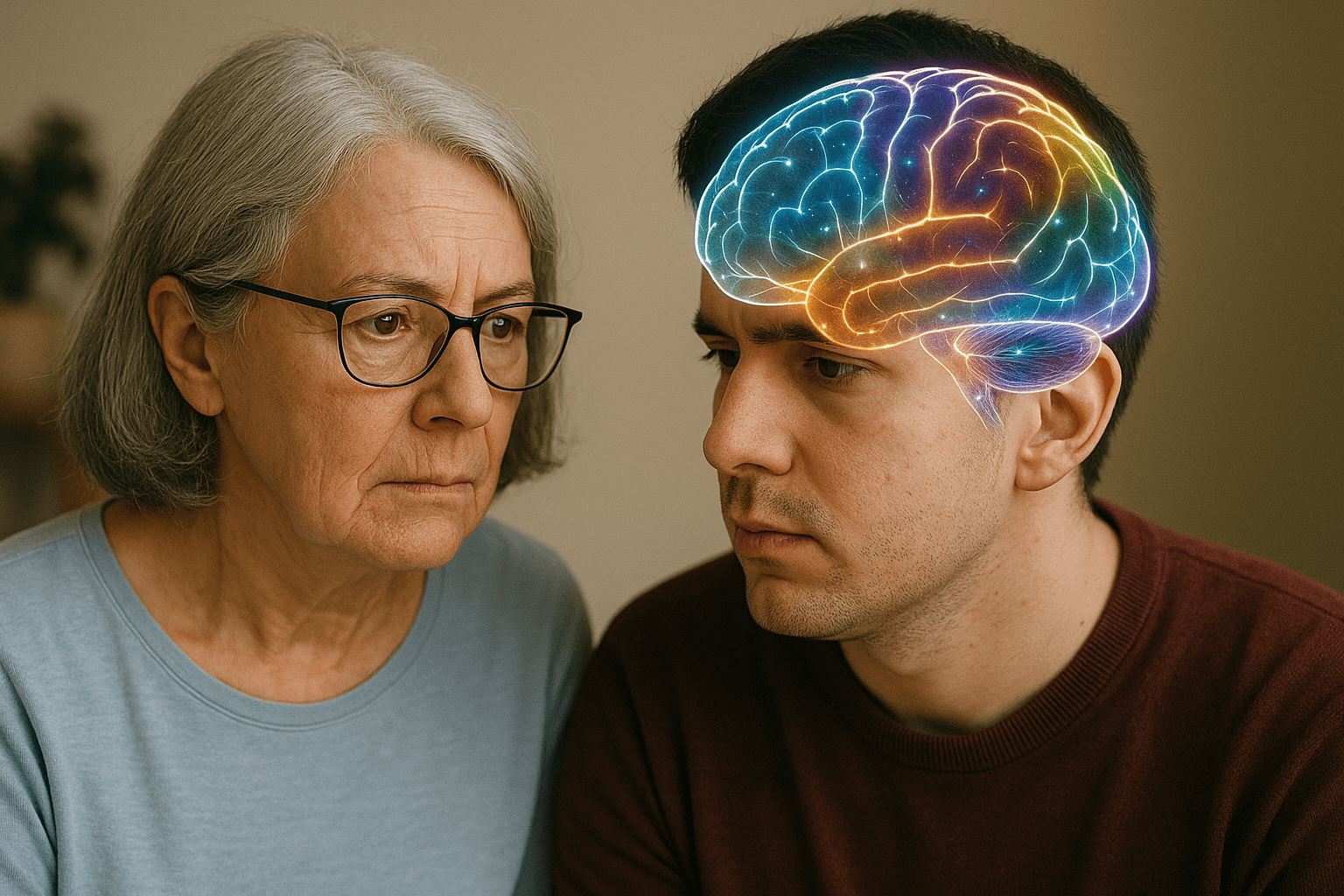Welcome to Dementia World elderly home services



Neurodivergence—including conditions like autism and ADHD—shapes how individuals think, learn, and interact. But how do these brains age? Emerging research suggests that neurodivergent individuals may experience cognitive decline differently, with some facing a higher risk of dementia, while others show unexpected resilience.
This article examines the latest science on neurodivergence and aging, exploring potential dementia risks, protective factors, and practical care considerations.
Neurodivergence refers to brain differences that affect cognition, behavior, and sensory processing. Common types include:
Autism Spectrum Disorder (ASD) – Differences in social communication, sensory sensitivities, and repetitive behaviors.
Attention Deficit Hyperactivity Disorder (ADHD) – Challenges with focus, impulse control, and hyperactivity.
Research is still evolving, but studies suggest:
Increased vulnerability to certain neurological conditions.
Unique cognitive strengths that may delay decline.
Different dementia risk profiles compared to neurotypical adults.
Some studies indicate that autistic adults may have:
| Finding | Implications |
|---|---|
| Higher rates of early-onset dementia | Autistic adults may develop dementia earlier than neurotypical peers. |
| Overlap in brain changes | Both autism and Alzheimer’s involve synaptic dysfunction. |
| Increased vulnerability to epilepsy | Seizures may contribute to cognitive decline. |
However, other research suggests that rigid routines and strong memory skills in autism could be protective.
ADHD has been linked to:
| Finding | Implications |
|---|---|
| Higher risk of Lewy body dementia | ADHD may share dopamine-related pathways with this dementia type. |
| Increased cognitive decline if untreated | Poorly managed ADHD might accelerate memory issues. |
| Possible protective effects of stimulants | Some studies suggest ADHD medication could lower dementia risk. |
Genetic overlaps (e.g., autism and Alzheimer’s share some gene variants).
Neuroinflammation (common in both ADHD and dementia).
Dopamine and acetylcholine imbalances (linked to ADHD and Lewy body dementia).
Sleep disturbances (common in ADHD/autism, may worsen cognitive health).
Social isolation (autistic adults may have fewer protective social connections).
Medication effects (stimulants might help or harm long-term cognition).
While risks exist, some neurodivergent traits may delay or mitigate dementia:
✅ Strong pattern recognition (common in autism) may compensate for memory loss.
✅ Hyperfocus (ADHD) could help maintain cognitive engagement.
✅ Lifelong adaptation to challenges may build cognitive resilience.
Track memory lapses, confusion, or personality shifts.
Seek neuropsychological testing if decline is suspected.
Use visual aids and structured routines (helpful for autism).
Encourage brain-stimulating activities (puzzles, music, art).
Consider ADHD medication adjustments under medical supervision.
Maintain a low-stimulation environment to reduce stress.
Provide clear, direct communication to avoid confusion.
Ensure social support to combat isolation.
Scientists are still exploring:
🔬 Why some neurodivergent individuals develop dementia while others don’t.
🔬 Whether ADHD medications (like stimulants) reduce or increase risk.
🔬 How autism-related routines influence long-term brain health.
Neurodivergent brains—whether autistic, ADHD, or otherwise—may age in distinct ways, with some facing higher dementia risks while others exhibit surprising resilience. Understanding these differences can help families and caregivers provide better support.
If you care for an aging neurodivergent adult, stay informed, monitor changes early, and seek specialized care when needed. Science is still uncovering these connections, but one thing is clear: neurodivergence shapes brain aging in ways we’re just beginning to understand.